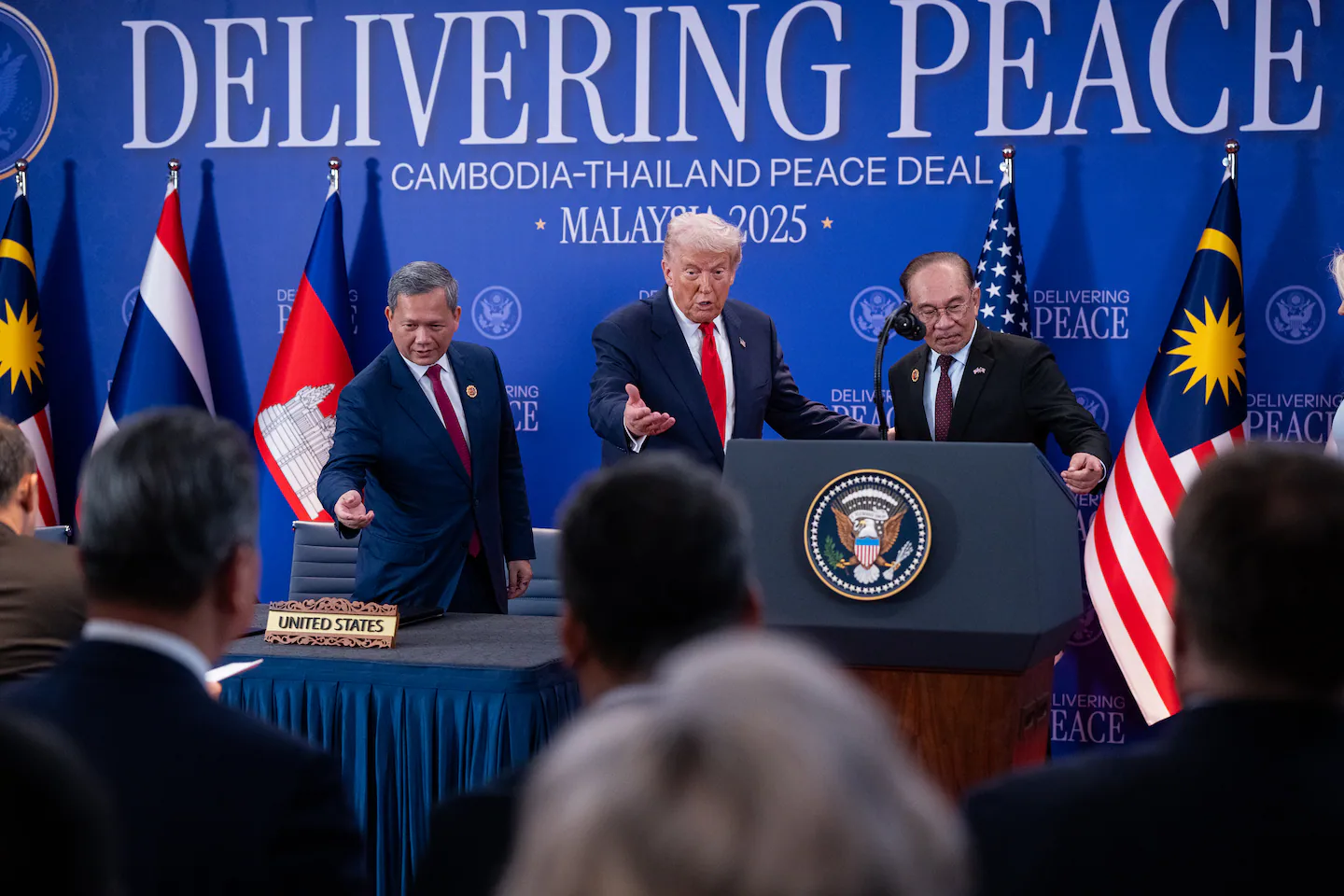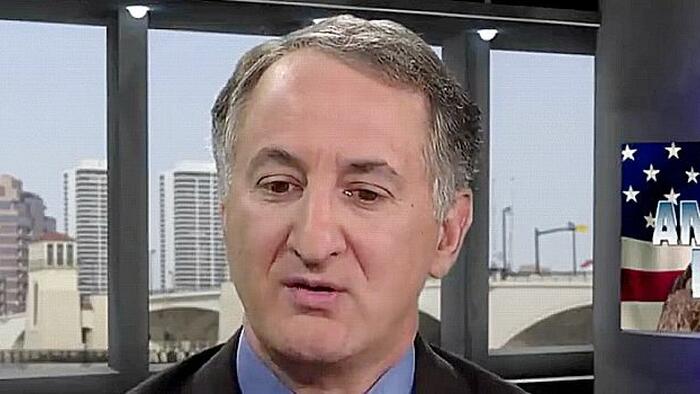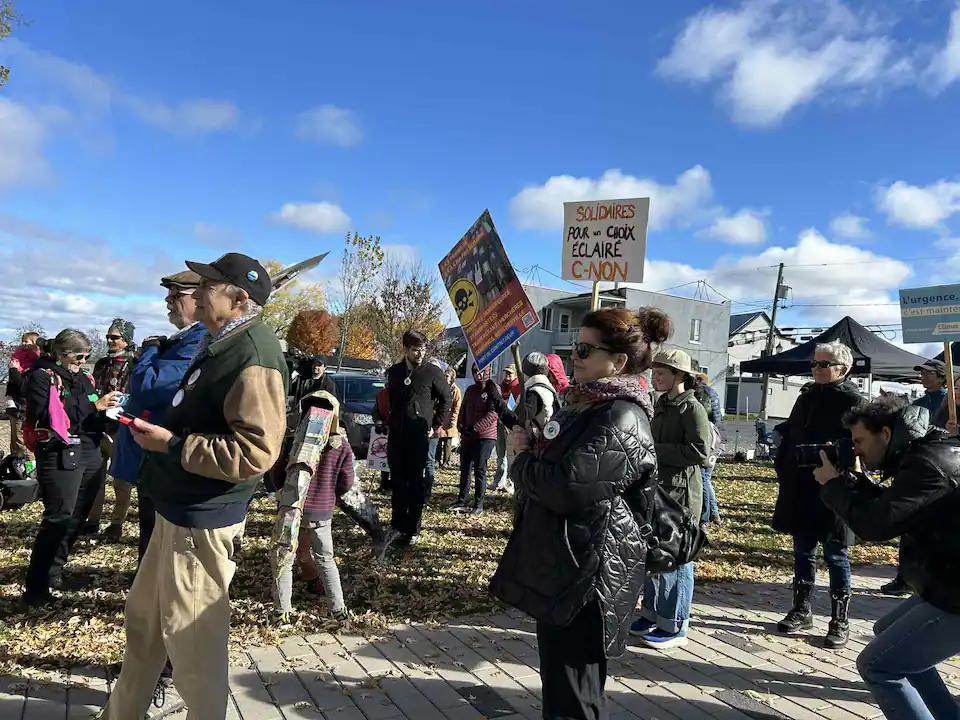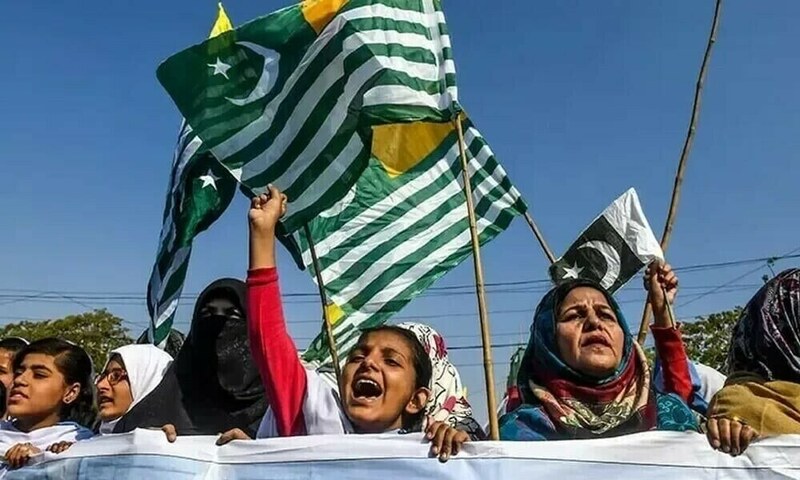Copyright The Boston Globe

In Malaysia, Prime Minister Anwar Ibrahim praised Trump’s willingness to skirt security protocols by letting him ride along in the American presidential limousine shortly after Trump landed in Kuala Lumpur. “We admire your tenacity and courage because the world needs leaders who promote peace strongly,” Anwar told the president when the pair appeared together Sunday in observance of a peace deal between Thailand and Cambodia. “And to achieve that, you have to break some rules, as you did today.” Anwar also joked of his time in prison on corruption and sodomy crimes, charges he and his supporters have long maintained were part of a sham orchestrated by his predecessor. “I was in prison, and you almost got there,” Anwar said, referring to Trump’s felony convictions. For his part, Anwar’s government has been criticized for a worsening climate for freedom of expression, driven in part by pressure from Malaysia’s right wing. As leaders like Vladimir Putin of Russia and Anwar know, sympathizing about political persecution is music to the ears of Trump, who is carrying out widespread federalized retribution against his political enemies. Throughout his stops in Malaysia, Japan, and South Korea, Trump represents a shut-down federal government and an ever-deepening American political divide. His supporters at home give him high marks on his immigration crackdown and his pursuit of global peace deals. But Trump’s approval rating has fallen, and most Americans believe the country is heading in the wrong direction, according to recent polls. During his second term, Trump has laid out a set of beliefs that alarm those who study the decline of democracy, and his moves have been closely watched by many of the same governments he will interact with this week. Trump thinks negative news coverage of him should be illegal. He has pressured the Department of Justice to carry out retribution against his political enemies. He has ordered the military to put boots on the ground in US cities and carry out missile strikes against people in the Caribbean. US citizens have been swept up in immigration raids and held without regard to their constitutionally protected rights. “President Trump presents to the world an America under democratic pressure, and that’s a very different image than what previous presidents have projected,” said Thomas Carothers, director of the Democracy, Conflict and Governance Program at the Carnegie Endowment for International Peace. In Trump’s version of democracy, human rights, due process, and freedom of expression are increasingly being treated not as inherent rights but as privileges subject to removal. In Japan, where he arrived Monday, Trump’s approach has helped to galvanize a right-wing movement focused on nationalism, economic populism, and a distrust of foreigners. The recent success of far-right parties has left many in Japan wondering if their country is belatedly seeing the angry antiestablishment populism that has transformed the United States and other developed democracies. “A new movement has emerged in Japan similar to the Trump movement, which is trying to create division within Japan,” said Kazuhiro Maeshima, a professor of US politics and diplomacy at Sophia University in Tokyo. “They’re trying to gain support by inciting Japanese nationalism and xenophobia. It’s similar to Trump’s approach.” The election this month of Sanae Takaichi, the first woman to serve as prime minister, in some ways reflects that shift. Takaichi, with whom Trump was scheduled to spend Tuesday, was already one of the most conservative voices in her Liberal Democratic Party, Japan’s main political bloc. During her campaign, she promised to restore a sense of nationalism and to more strictly regulate immigration and tourism. With Trump’s attacks on free speech and human rights in recent weeks, many in Japan wonder if the United States will continue its traditional role as a beacon of democracy. “We have always seen the United States as the real teacher of democracy,” said Mieko Nakabayashi, a political science professor at Waseda University in Tokyo. “Mr. Trump is now showing us the limits of that ideal.” Unlike his American predecessors, Trump is not even pretending to tout the benefits of democracy as he travels in Asia. Nor does Trump see the US relationship with China as representative of an existential battle between the ideals of democracy and the specter of growing global authoritarianism. As he pursues trade deals with a string of countries he has strong-armed with aggressive tariff policies, he is keeping his sights set on China, a country that has not yet capitulated to his demands. Trump noted this week that his tariff on Chinese goods was set to rise to 157 percent Nov. 1, just days after he and China’s leader, Xi Jinping, are scheduled to meet. “When President Trump sees himself together with President Xi, he doesn’t see democracy versus autocracy in the room,” Carothers said. “He sees two competing economic systems.” If Trump appears with Xi at a regional summit in South Korea as planned, it will be the first time the two men have seen each other in person since 2019. They will be meeting in a country scarred by deep political divisions and by a traumatic, if short-lived, declaration of martial law last year by a president who has since been ousted. Steven Levitsky, a professor of government at Harvard University who studies authoritarianism and threats to democracies, said that America’s allies have been mystified that US citizens have not done more to protest the militarization of several of the country’s cities and the weaponization of the judiciary against Trump’s enemies. “When South Korea’s president declared martial law, South Koreans mobilized in an instant, and in three hours, they put an end to martial law,” Levitsky said. “Americans have done nothing. Americans are whistling past the cemetery, and that’s another thing that citizens everywhere, all of our allies, are looking at and cannot fathom.”



